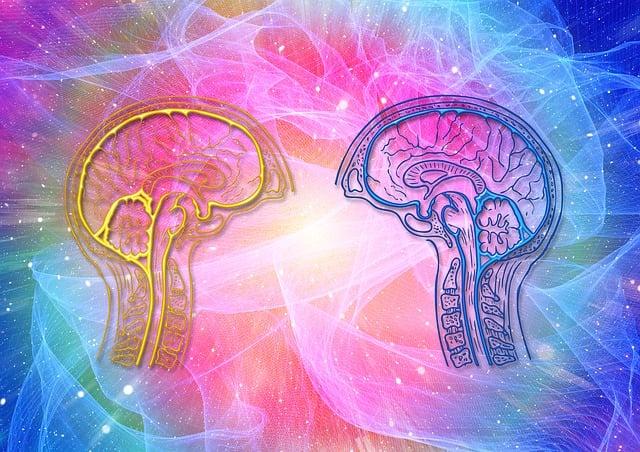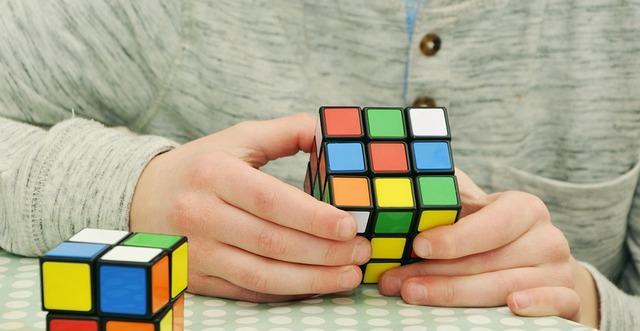As new parents, we often find ourselves marveling at every little sneeze, coo, and wiggle our precious baby makes. But behind each adorable moment lies a fascinating world of growth and development. Understanding your baby’s developmental milestones is like decoding the secrets of their blossoming little minds. From rolling over to sitting up and taking their first steps, each milestone achieved is a testament to their amazing journey from newborn to independent little person. Join us as we embark on a journey of discovery, uncovering the wonders of your baby’s development.
Key Developmental Milestones in the First Year of Your Baby’s Life
As a parent, it’s important to understand the . These milestones can give you insight into your baby’s growth and development, as well as help you track their progress. By being aware of these milestones, you can better support and encourage your baby as they reach each new stage of development.
- Physical Milestones: In the first year, your baby will go through significant physical changes. They will learn to hold up their head, roll over, sit up, crawl, and eventually walk. Each of these milestones is important for your baby’s overall physical development.
- Cognitive Milestones: Along with physical development, your baby will also reach cognitive milestones in their first year. They will start to recognize familiar faces, respond to their name, babble and eventually say their first words. These milestones are crucial for your baby’s cognitive development and language skills.

Cognitive and Language Development: How Your Baby Learns to Communicate and Understand the World
As your baby grows and develops, you may start to notice various milestones in their cognitive and language development. From babbling and making eye contact to understanding simple commands, these early signs are crucial in shaping how your baby learns to communicate and understand the world around them.
**Here are some key developmental milestones to look out for in your baby’s cognitive and language development:**
- **Babbling:** Your baby may start making cooing and babbling sounds around 6-9 months.
- **Imitating sounds:** By 12 months, your baby may start imitating sounds they hear.
- **Pointing:** Around 9-12 months, your baby may start pointing at objects to show interest.
- **Understanding words:** By 18 months, your baby may start to understand simple words and commands.
- **Using simple words:** Around 18-24 months, your baby may start using simple words to communicate.

Motor Skills and Physical Development: From Rolling Over to Walking, Tracking Your Baby’s Progress
As your baby grows and develops, it’s important to track their progress in motor skills and physical development. From rolling over for the first time to taking those first wobbly steps, each milestone is a significant achievement. By understanding these developmental milestones, you can better support and encourage your baby’s growth.
**Here are some key milestones to look out for in your baby’s motor skills and physical development:**
- Rolling over from front to back and back to front
- Sitting up without support
– Crawling on hands and knees
– Pulling themselves up to stand
– Taking those first unsteady steps
– Developing hand-eye coordination with grasping and reaching

Social and Emotional Milestones: Cultivating Connection and Empathy in Your Baby’s Development Journey
As your baby grows and develops, it’s important to nurture their social and emotional milestones. Cultivating connection and empathy in your baby’s development journey can have a lasting impact on their relationships and overall well-being. By understanding and supporting your baby through these milestones, you can help foster healthy emotional development.
| Key Milestones: | Developing trust and attachment | Recognizing emotions in self and others |
|---|---|---|
| Supporting Development: | Provide responsive care and comfort | Encourage social interactions and play |
By being attuned to your baby’s needs and emotions, you can help them learn to regulate their own emotions and build strong relationships with others. Creating a nurturing and empathetic environment for your baby to grow in will set a solid foundation for their future social and emotional development. Remember, every baby is unique, so it’s important to celebrate their individual milestones and progress along the way.
As you observe and celebrate each of your baby’s developmental milestones, remember that every child is unique and will progress at their own pace. By understanding the typical progression of skills and behaviors, you can better support and encourage your little one on their journey of growth and development. Embrace and cherish each moment of discovery and achievement, for these milestones are not only markers of physical and cognitive development, but also reminders of the boundless potential that resides within your precious bundle of joy. Keep nurturing, loving, and guiding your baby as they navigate through this wonderful stage of life, and prepare yourself for the endless wonders that await in the days and years to come. Congratulations on embarking on this incredible journey of parenthood!













